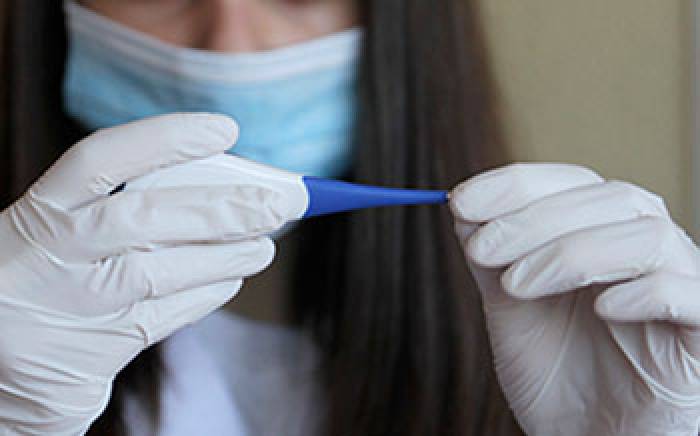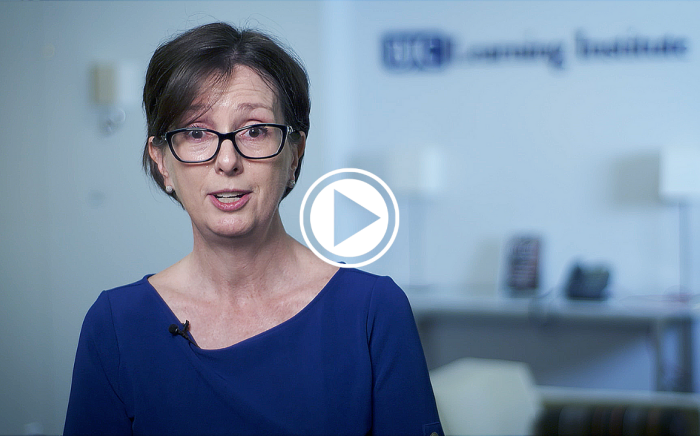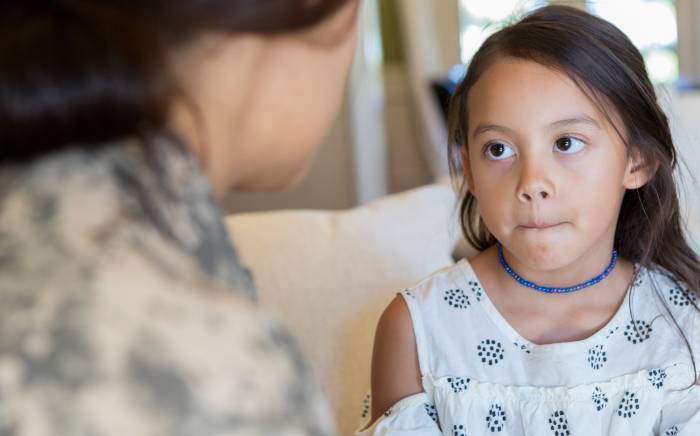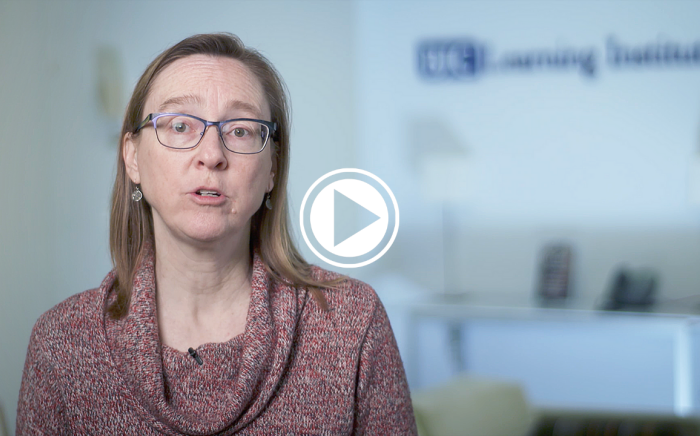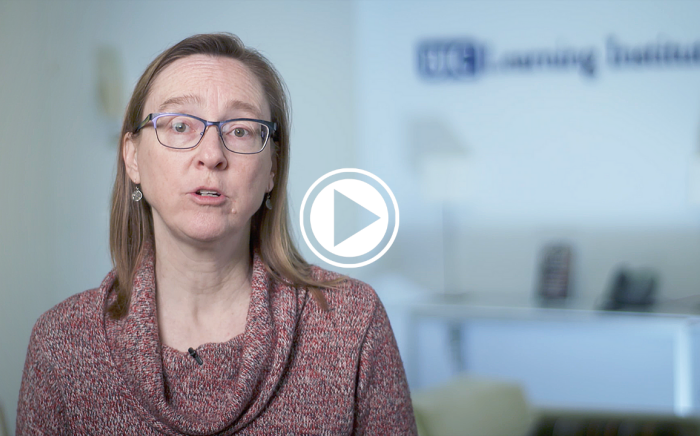 In today’s social media-focused and celebrity-centric world, “facts” found on the Internet or espoused by television and movie personalities sometimes prevail over those of knowledgeable experts. This is one of the factors for an increasing number of parents refusing to have their children vaccinated against vaccine-preventable diseases, according to Washington University physician Rachel Orscheln, MD, infectious disease physician at St. Louis Children’s Hospital.
In today’s social media-focused and celebrity-centric world, “facts” found on the Internet or espoused by television and movie personalities sometimes prevail over those of knowledgeable experts. This is one of the factors for an increasing number of parents refusing to have their children vaccinated against vaccine-preventable diseases, according to Washington University physician Rachel Orscheln, MD, infectious disease physician at St. Louis Children’s Hospital.
“The rates of vaccine-preventable diseases have dropped in relation to effective vaccination campaigns,” says Dr. Orscheln. “The result is today’s parents are no longer aware of the serious nature of these diseases. Their fear has shifted from their child contracting an infectious disease to fear of the vaccine.”
Overcoming parents’ objections calls for challenging misinformation with factual, numbers-driven evidence about the risks and benefits of vaccines.
“For example, the risk of children developing a serious adverse event related to measles vaccination itself is about one in a million. But the chance of a child developing brain damage or dying after contracting measles is on the order of one in a thousand,” says Dr. Orscheln. “And the chance of children getting measles in a situation where the virus is transmitted in the community is 35 times higher if children are unvaccinated compared to children who are vaccinated.”
She adds, “Some parents are more comfortable with a decision based on omission rather than commission. They feel it’s worse to do something that might cause harm—even if that harm is extremely low—and instead do nothing at all. They need to understand the risks, and that even a decision not to vaccinate is, indeed, an act of decision.”
Educating Patient Families
Establishing an open dialogue with families is a first step in discussing their views on vaccinations. By understanding families’ primary concerns and values, pediatricians can explain how vaccinations align with parents’ beliefs. Being unequivocal in their statements is another way for pediatricians to establish their authority.
“It’s a matter of understanding the facts and then communicating them in an accurate, unbiased manner,” says Dr. Orscheln. “This can be accomplished through ‘chunking and checking’—giving parents small amounts of information and then checking their understanding so they aren’t overwhelmed. It’s particularly important that pediatricians are clear in their recommendation to vaccinate children, because people who trust their pediatricians are more likely to take that advice.”
Although a potentially time-consuming process, physicians can reinforce their message by providing reliable written and online resources such as those from the Centers for Disease Control and Prevention.
“Even if parents continue to refuse vaccinations for their children, it’s important for physicians to continue seeing those patients and to keep talking about the importance of vaccinations,” says Dr. Orscheln. “However, it’s also important for physicians to protect themselves by having the parents sign a form indicating their refusal of vaccines for their children. The American Academy of Pediatrics provides online guidelines and a form that physicians may use.”
Schools usually require parents to provide either proof of vaccinations or a medical, religious or personal belief exemption issued by the state. Although there are cases in which children have medical reasons for not being vaccinated—such as anaphylactic reactions, underlying immune deficiency disorders or undergoing chemotherapy treatments—the majority of exemptions fall under the religious or personal belief categories. Missouri does not have an exemption for personal beliefs; however, there is no clear vetting process involving exemptions for religious beliefs, which by default becomes a substitute for a personal beliefs exemption.
“Clearly, parents who refuse vaccinations for their children are placing other children at risk, especially those who are too young to receive certain vaccines,” says Dr. Orscheln. “Physicians’ only recourse is to continue talking to these parents and being aware of outbreaks within their community- and even worldwide- should their patients travel to foreign countries. In that way when they see sick, unvaccinated children in their offices they can gauge the risk of those children being ill from a vaccine-preventable disease.”
To request copies of our brochure, The Importance of Being Immunized, submit an online request here.





